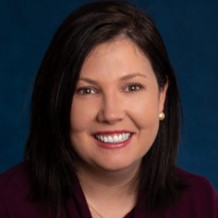University of Louisville
2309 S 3rd St
Louisville, KY 40208
Community Engagement
Addressing the needs and interests of our communities locally, statewide, nationally and internationally.
Friday March 21, 2025
Clinical and Translational Research Building
Health Science Campus
9:00am-3:00pm
The theme for the 2025 Engaged Scholarship Symposium is Bridging the Public Divide through University-Community Partnerships. There is a divide between the university and the public. Universities are seen as distant, irrelevant, and generally not a part of the community. We need to demonstrate the connection between higher education and the public at large through, engaged-research, engaged-teaching, and outreach activities. The 2025 Engaged Scholarship Symposium seek to explore the various ways higher education is bridging the divide with the public through the many collaborative projects occurring with faculty, staff, students, and the general public.

KEYNOTE SPEAKER - Bobbie Laur is President of Campus Compact, the nation’s largest national organization dedicated to higher education civic and community engagement. Bobbie’s passion, research, and work have been grounded in the place-based mission of higher education and the necessity of developing mutually beneficial partnerships to address the needs for the communities and neighborhoods in which universities and colleges are located. With deep experience in the institutionalization of community engagement and creating institution-wide strategies to advance the work, Bobbie has counseled and supported campuses throughout the country in creating sustainable structures and pathways to strengthen civic and community engagement. Bobbie previously served as the Executive Director of the Coalition of Urban and Metropolitan Universities and held several administrative positions at San Diego State University and Towson University, including serving as the Associate Vice President for Outreach. Bobbie serves on a number of national and Baltimore-based boards that advocate for creating vibrant and healthy communities.
Park at the 620 Parking Garage on Clay Street, and you will receive a voucher for parking validation at the symposium check-in. Please email ceserv@louisville.edu for more information.